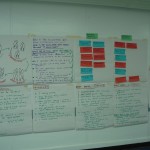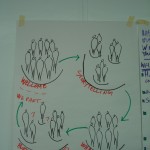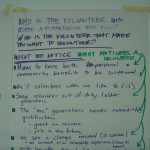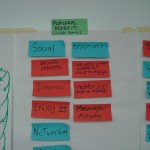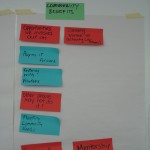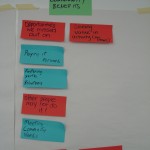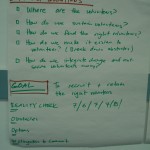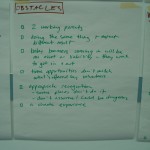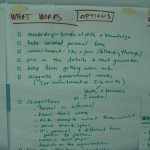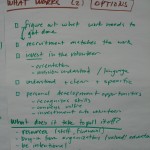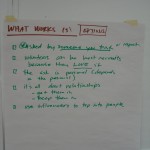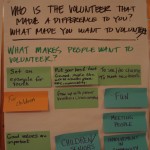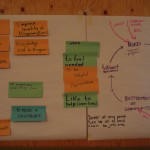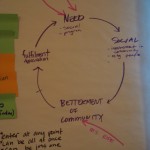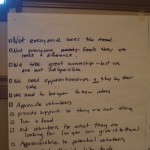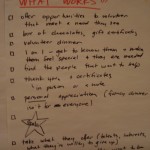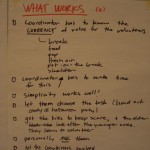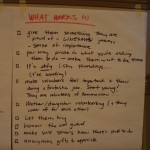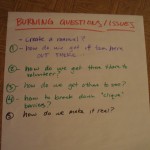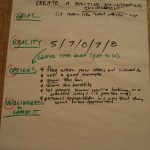My epiphany this summer that I am just figuring out now: I use the swimming pool strategy to find meaningful work.
For a few years out of high school my brother Scott and I worked at the local swimming pool as swimming instructors and lifeguards. Wonderful work, especially in the summer. A flexible schedule, well paid, new and unexpected friends and a lot of fun.
The challenge was that we were part of a huge pool of casual employees working part-time hours. Each of us was lucky to get 20-26 hours a week. When saving every penny for university in the fall, we had our eyes on the extra shifts that came up – some at a moment’s notice, others when we saw an opportunity and took it.
As I reflect on this, I see two strategies that play out for meaningful work – then and now:
Play in the pool
A hot day is a wonderful day to do what you love – play and float around in the pool. On a hot day the pool will also fill up with hundreds of other people. There is a head lifeguard whose job is to make sure that there are enough lifeguards keeping an eye on things and make sure everyone is safe. But since there are not enough lifeguards in the schedule, more will be needed.
When you love your work, it shows. You are available to do what needs to be done when it needs to be done. Let the head lifeguard know explicitly that you are ready to serve when needed. While it might not be your turn on the rotation, others might not be available and voila! There you are. Doing what you love and ready to serve.
- The above applies to a hot summer day and an outdoor pool – I have to be conscious of the context each and every day
- I will be called on when I am needed. If others are called, they are needed, or it is simply their turn
- When having fun, genuinely, I make myself more available
- I show up for work, even if I don’t know I will be needed, to see what will happen
- Play and have fun, splash, float, swim, bob
Do the hard work
We also had our eyes on the work nobody else wanted. We cleaned the grunge off the waterslides. We tarred the filter tank. Crawled into the crawlspace under the pool and then crawled into a 1’ x 3’ hole into the surge tank to scrape the slime off the walls. Then volunteerd to do it again the next year. We cleaned the changerooms. In all of the above, we played music, joked around, and laughed hysterically – usually right when our boss showed up to see how we were doing. Every time we thought we were in big trouble, especially when our boss found a big blue happy face (the clean part) on the brown floor of the changeroom. Now we see that we were never in trouble because we were doing the work others did not want to do, we were doing it happily and we were getting the job done. Well.
- Volunteering for grungy hard work is an opportunity to do good work
- Volunteering for grungy hard work is an opportunity to have great fun with my mates
- Do grungy hard work with mates
